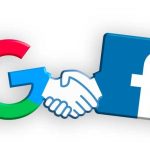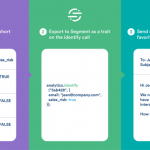Misunderstanding Consumer Emotions Can Lead Campaigns Astray
Misunderstanding Consumer Emotions Can Lead Campaigns Astray
by Laurie Sullivan , Staff Writer @lauriesullivan, June 27, 2017
Long-standing stereotypes about emotion can lead marketers to false assumptions about potential and existing customers, resulting in a loss of hundreds of millions of dollars in revenue, according to a recent study by Forrester Research.

Using Forrester’s technographics 360 methodology, analysts set out to debunk four myths to prove that emotion is the most critical factor in connecting with customers and why technology enables that emotional connection. The analysis in the report, titled “Four Myths About Consumer Emotions That Are Leading You Astray,” suggests there is a “significant” link between the customer experience and revenue.
Forrester analysts assert that emotion transcends demographic categories and channels. While stereotypes typically want to take over, these misconceptions prevent marketers from fully understanding their customers.
The myths include ideas such as: women are more emotional than men, younger consumers get more emotional about a brand, technology dilutes the emotional experience, and easy experiences generate loyalty.
While many may think the younger generation becomes more emotional about a brand, the study reveals that consumers ages 65 and older are more likely than any other age group to become emotional about brand interactions. In fact, more than six in 10 consumers in this age segment say they experience positive emotions when engaging with companies, and only 31% feel indifferent.
This group is more likely to say that brands leave them feeling valued, whereas young Millennials ages 18 to 24 who are typically the most difficult to please either feel neutral or negative about their brand experiences.
The myth that the easy way out generates more loyalty also provides interesting insights, and requiring the consumer to make an effort to cultivate the relationship creates a more loyal connection. The Forrester report suggests that “quick and simple functions are not enough to retain consumers” and can weaken the quality of the experience.
Digital and automated brand interactions may trigger positive consumer emotions like happiness and delight, but the individuals interacting with the brand don’t necessarily feel valued, which the report notes as being one of the most “powerful, loyalty-inducing emotions.”
MediaPost.com: Search Marketing Daily
(57)








